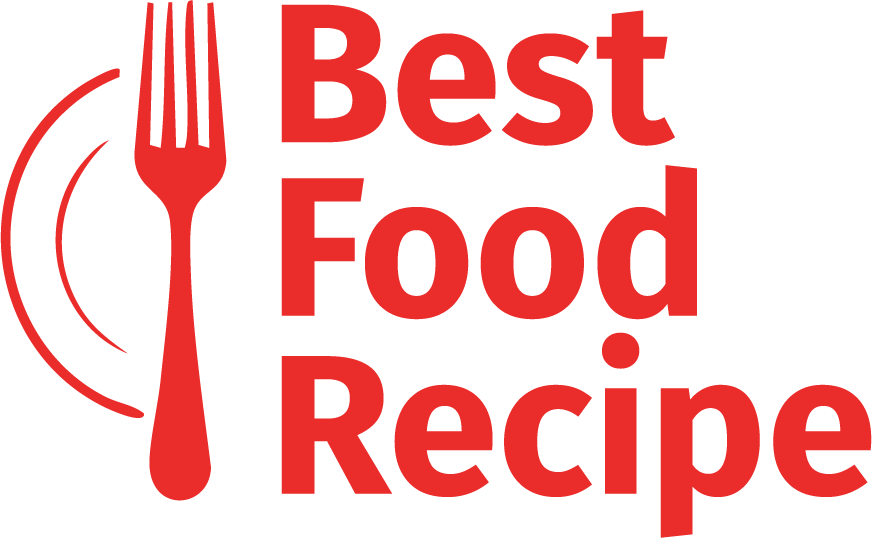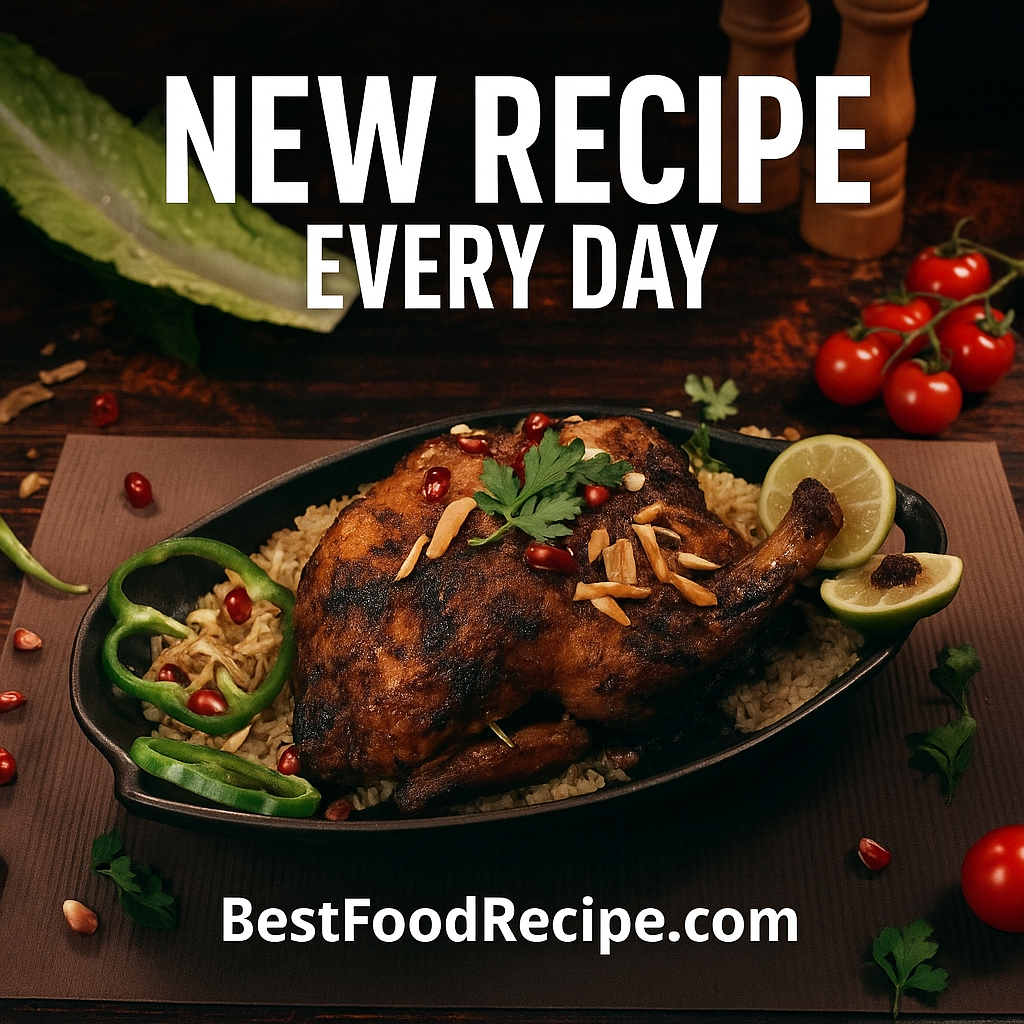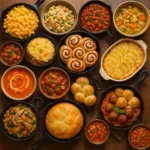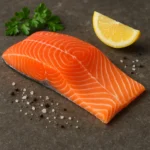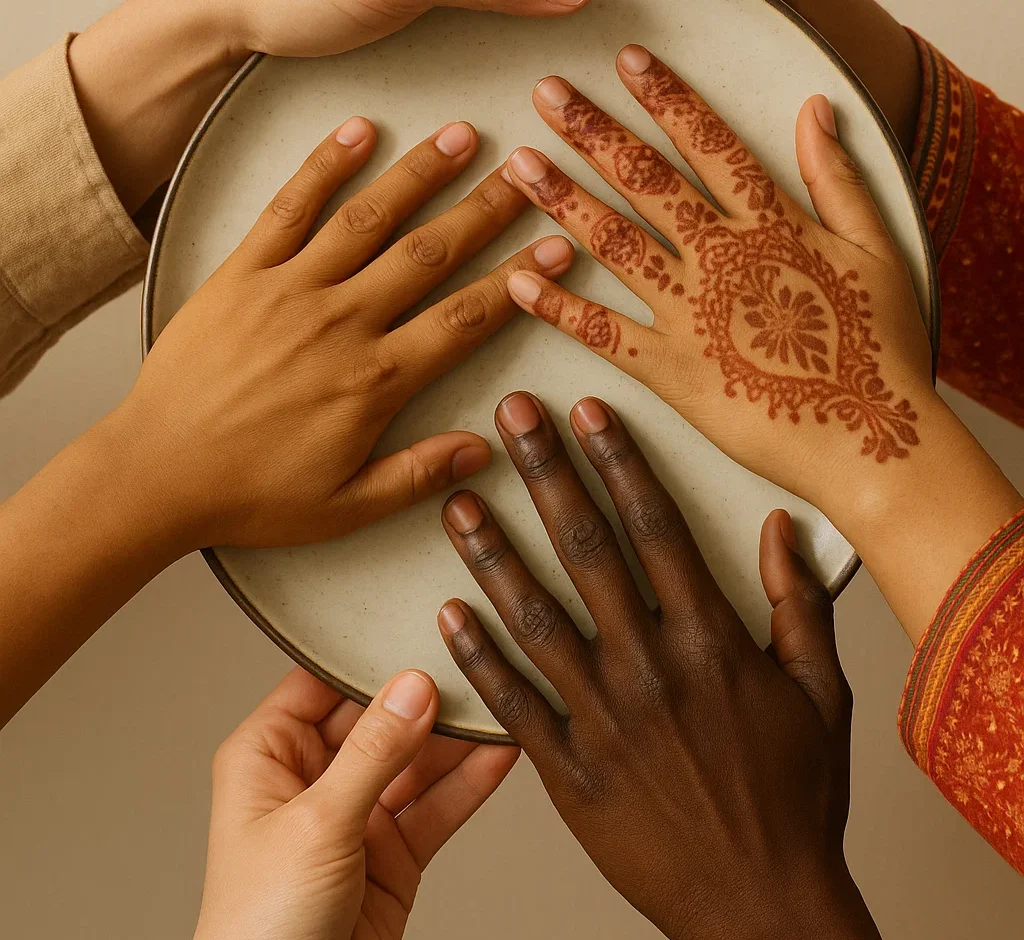
Food is more than calories or ingredients on a plate. It’s a conversation starter, a memory maker, a bridge between strangers. Whether you’re sitting down for a big holiday dinner or sharing snacks during a late-night chat, food creates connection in ways few other things can.
In a fast-paced digital world, we often overlook the emotional meaning behind meals. But if you stop for a moment, you’ll realize that some of your most important memories probably involve food.
The Table Is Where We Tell Our Stories
Think back to your childhood table — maybe it was loud and crowded, or quiet and peaceful. Maybe you had weekly family dinners, or maybe you only really gathered for holidays. Either way, that table wasn’t just where you ate. It was where you learned, listened, laughed, and sometimes even cried.
Food is the center of our social lives, especially during the moments that matter most:
- A birthday cake glowing with candles
- The smell of cinnamon rolls on Christmas morning
- A bowl of soup brought to you when you were sick
- A meal shared after a funeral when no one quite knows what to say
These aren’t just meals. They’re rituals — deeply human ones.
Food Crosses Borders, Without Needing a Passport
One of the most beautiful things about food is how it tells the story of where we’ve come from — and where we’re going. A dish like shawarma, for example, carries the flavors of the Middle East but has found new homes across the world. Tacos started in Mexico, but now you’ll find creative versions on every continent.
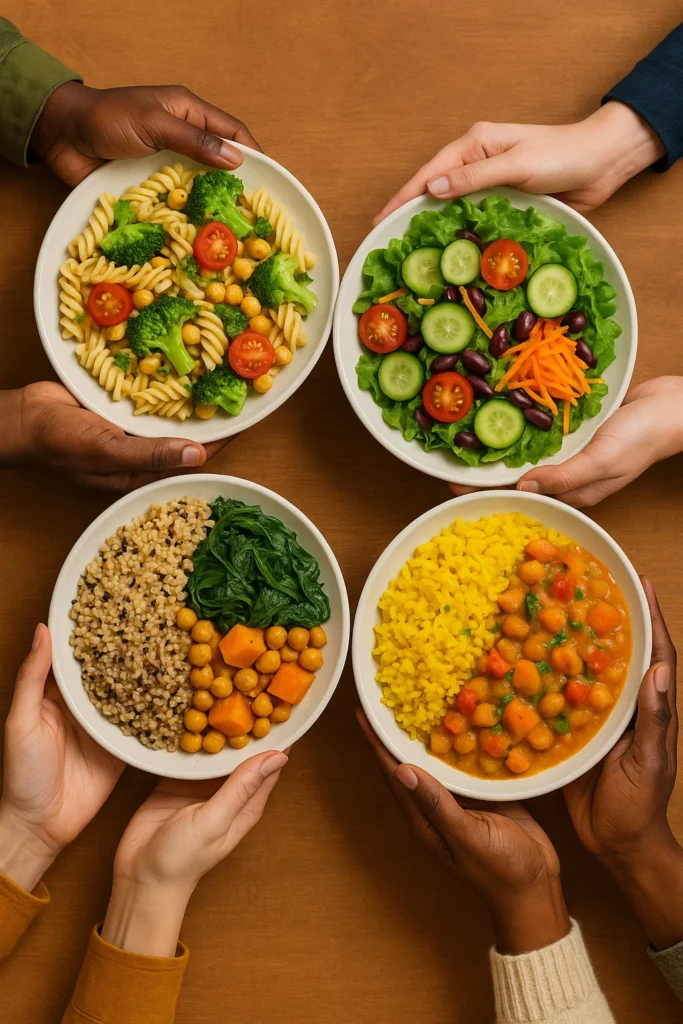
This is what makes food such a powerful cultural ambassador. You might not speak someone’s language, but you can always share a bite with them. In that moment, walls come down. Curiosity takes over. And often, friendship begins.
🌍 In a world divided by politics and borders, food reminds us of what we share.
Cooking for Others Is an Act of Love
We live in a world that often rushes us. Fast food. Microwave meals. Grab-and-go.
But when someone cooks for you — really cooks — it’s different. It’s a form of intimacy that says, I care about your comfort, your hunger, your happiness.
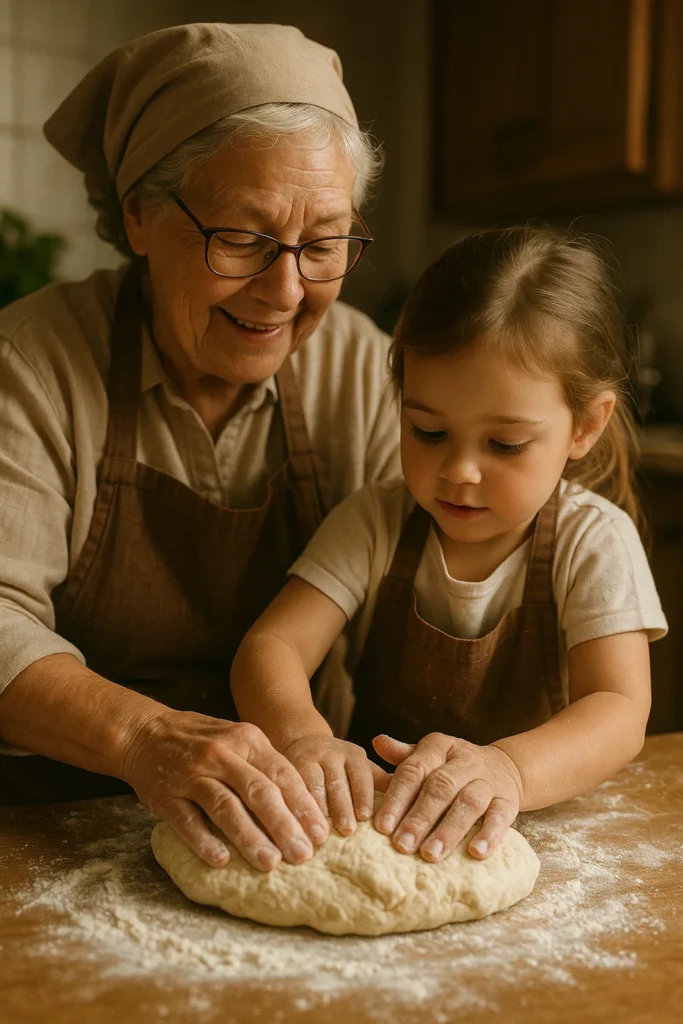
Think about how many romantic dates start with a home-cooked meal. Or how often parents show love through packed lunches, birthday pancakes, or teaching their kids a family recipe. That’s not just food — that’s emotional nourishment.
Cooking is how we care.
Food Helps Us Grieve and Celebrate
It’s easy to associate food with joy, but it’s also how we process loss.
After funerals, there’s almost always food. It gives people something to do with their hands, a reason to gather, and a small sense of comfort when words fail. The same goes for tough days when a friend drops off cookies or soup — it’s a quiet way of saying, I see you. I’m here.
But food also marks our biggest celebrations:
- Weddings: with cake, of course.
- Graduations: with feasts.
- New Year’s Eve: with traditional dishes that symbolize luck and hope.
We eat to grieve. We eat to celebrate. And we eat to remember.
Food and Memory Are Deeply Tied
Ever smelled something and been instantly transported to another place in time? That’s the magic of food.
Our senses — especially taste and smell — are directly connected to memory in the brain. That’s why the scent of fresh bread might remind you of your grandmother. Or why one bite of spicy stew brings back a specific trip, a certain season, a person you miss.
This is why recipes passed down through generations matter so much. They’re stories in edible form.
Food Is Connection
Food isn’t just something we consume. It’s something that shapes us — our memories, relationships, and identities.
So next time you sit down for a meal, don’t rush it. Notice the colors. Smell the spices. Think about who made it, and why. Think about who you’re sharing it with.
Because every plate tells a story.
And every bite brings us closer.
